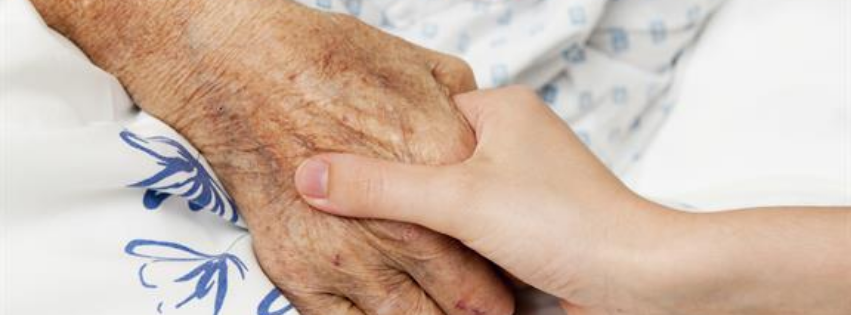Företag
Helse Sør-øst RHFAnsökningstiden
01.12.2022Heltid/Deltid
HeltidAnställningsform
PermanentBransch
Offentlig forvaltningUtbildningskrav
PåkrevetArbetserfsrenhet
ØnskeligAdress
0372, OSLO
OSLO
Antal befattningar
1Karriere-kod
4868401Se här för andra jobb från Helse Sør-øst RHF
- Uppdaterad 11.11.2022

Utgått annons
Sista ansökningsdag för detta jobbtillfälle har passerat

Helse Sør-øst RHF
PhD Position in Forensic Genetics
Offentlig forvaltning
A three-year full-time position as a PhD candidate is available in the Forensic Genetics Research Group at the Department of Forensic Sciences, Oslo University Hospital (OUS).
The position is available from January 2023 with a flexible start-date. The position will be located at the Section of Forensic Biology (OUS, Rikshospitalet).
We are looking for a highly motivated candidate to join our team for 3 years.
The Forensic Genetics Research Group focuses on forensic based DNA and RNA technology. Our primary aim is to develop methods and tools, which provide valuable information in criminal cases and inferences of relationship. The group has developed state-of-the-art tools and methods for the interpretation of complex mixed DNA profiles. We also work to improve methods for the sampling of biological material, improvement of forensic DNA database search and match reporting, developing new MPS panels for various purposes, improving and evaluating new methods for relationship inference, increasing the understanding of forensic DNA trace transfer and persistence and to improve cell type identification in forensic casework. We are closely integrated with the Section of Forensic Biology at OUS, a casework laboratory with about 55 employees. The section performs analysis of biological traces in criminal cases on behalf of the police and judiciary.
Microbiome analysis techniques extend beyond human health and already have some recognized forensic applications. For example, skin microbiomes differ between human subjects, and sufficient microbial DNA can be analysed from handled objects such as keyboards and computer mice. Microbiomes retrieved from surfaces can be linked to their donors. Microbiomes have also been shown to be highly discriminating between bodyfluid and therefore have potential for bodyfluid prediction. In addition, different microbial expressions can be detected at different environmental locations, e.g. forests and fields, and this information may be useful to show that an individual has visited a particular area. Even time since deposition of a body fluid stain may be gleaned from the succession of microbial communities that are involved in decomposition. Taken together, these studies suggest an increasing role for microbiome science in forensics applications.
Oslo University Hospital is a workplace with great diversity. We believe this is essential to perform the tasks required of us. Therefore, we pursue diversity among our job applicants and encourage everyone to apply regardless of who you are and what background you have.
Kvalifikasjoner:
- Applicants must hold a Master’s degree in bioinformatics, molecular biology or equivalent and must fulfil the requirements for a PhD position at the University of Oslo
- It is considered an advantage to have relevant experience with microbiome analysis and knowledge about laboratory analysis
- Familiarity with bioinformatics and statistical modelling
- The candidate must be able to work independently, but also as part of a team
- Fluent oral and written communication skills in English
Personlige egenskaper:
- The candidate must be able to work independently, but also as part of a team
Vi tilbyr:
- A welcoming and professionally stimulating international research environment attached to a casework laboratory
- A working environment with highly experienced and acknowledged forensic scientists
- To work in a multi-disciplinary group with strong experience in laboratory forensic techniques, and skilled scientists within bioinformatics and statistics
- Opportunities for national and international collaboration
- Salary according to current agreements
The application should include
- Application letter describing the applicant’s qualifications and motivation for the position
- CV (summarizing education, positions, and academic work, including scientific publications)
- Copies of educational certificates and transcript of records
- Letters of recommendation or names and contact details of 2–3 references (name, relation to candidate, e-mail and telephone number)
Företag
Helse Sør-øst RHFAnsökningstiden
01.12.2022Heltid/Deltid
HeltidAnställningsform
PermanentBransch
Offentlig forvaltningUtbildningskrav
PåkrevetArbetserfsrenhet
ØnskeligAdress
0372, OSLO
OSLO
Antal befattningar
1Karriere-kod
4868401Se här för andra jobb från Helse Sør-øst RHF
- Uppdaterad 11.11.2022
